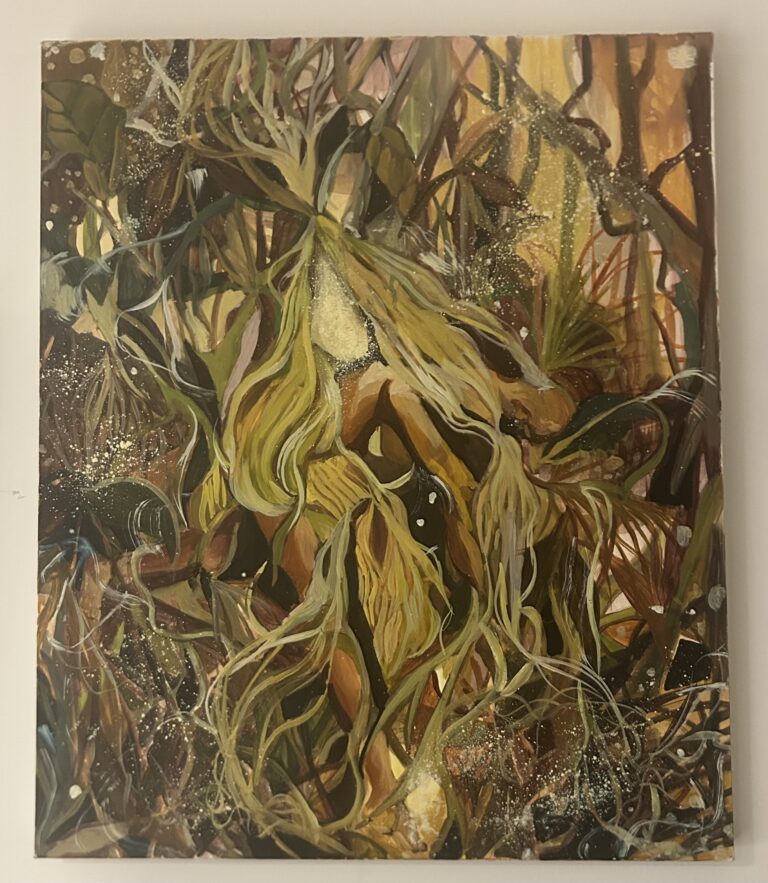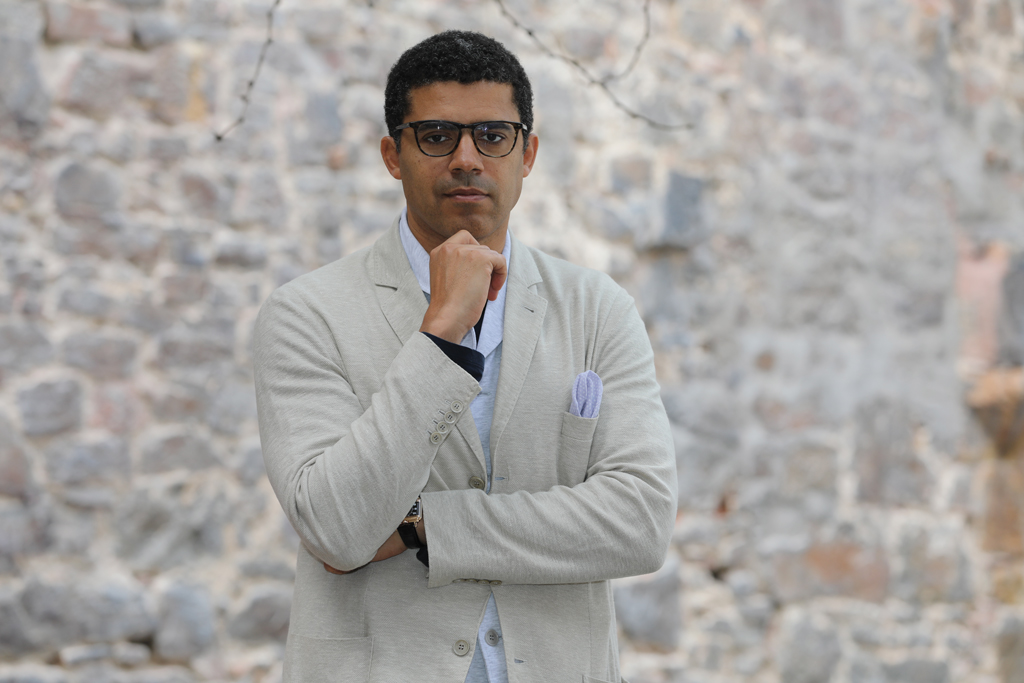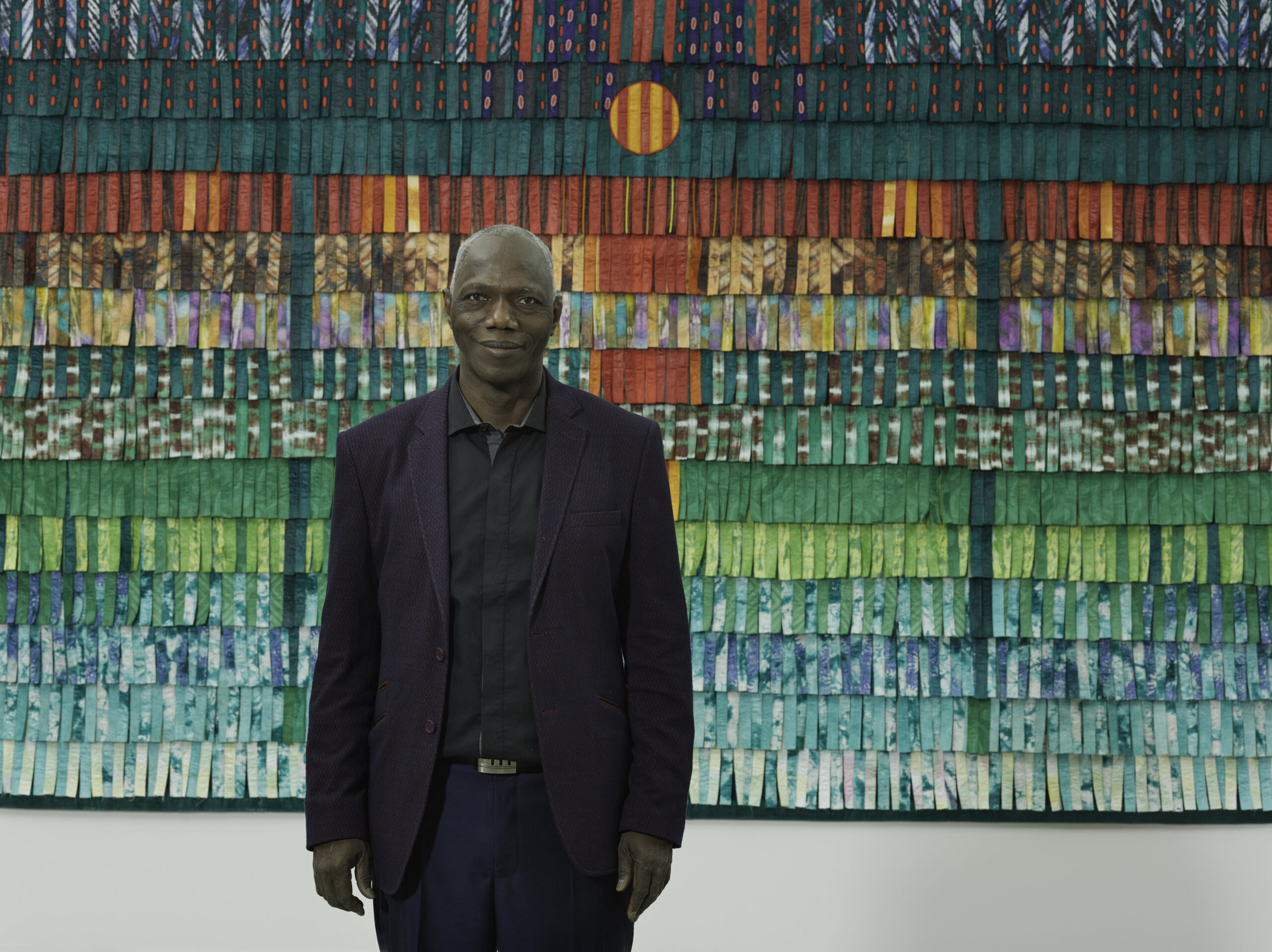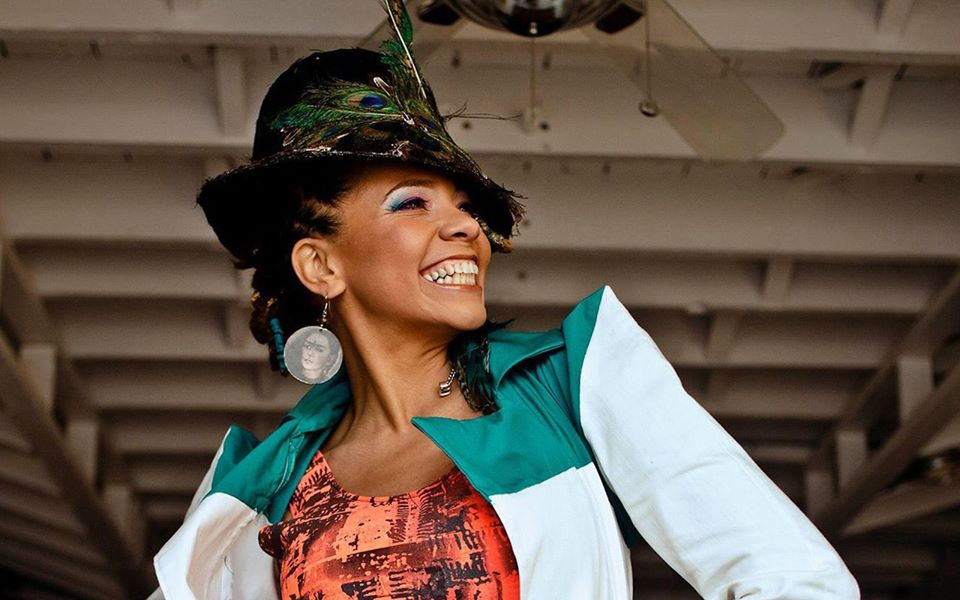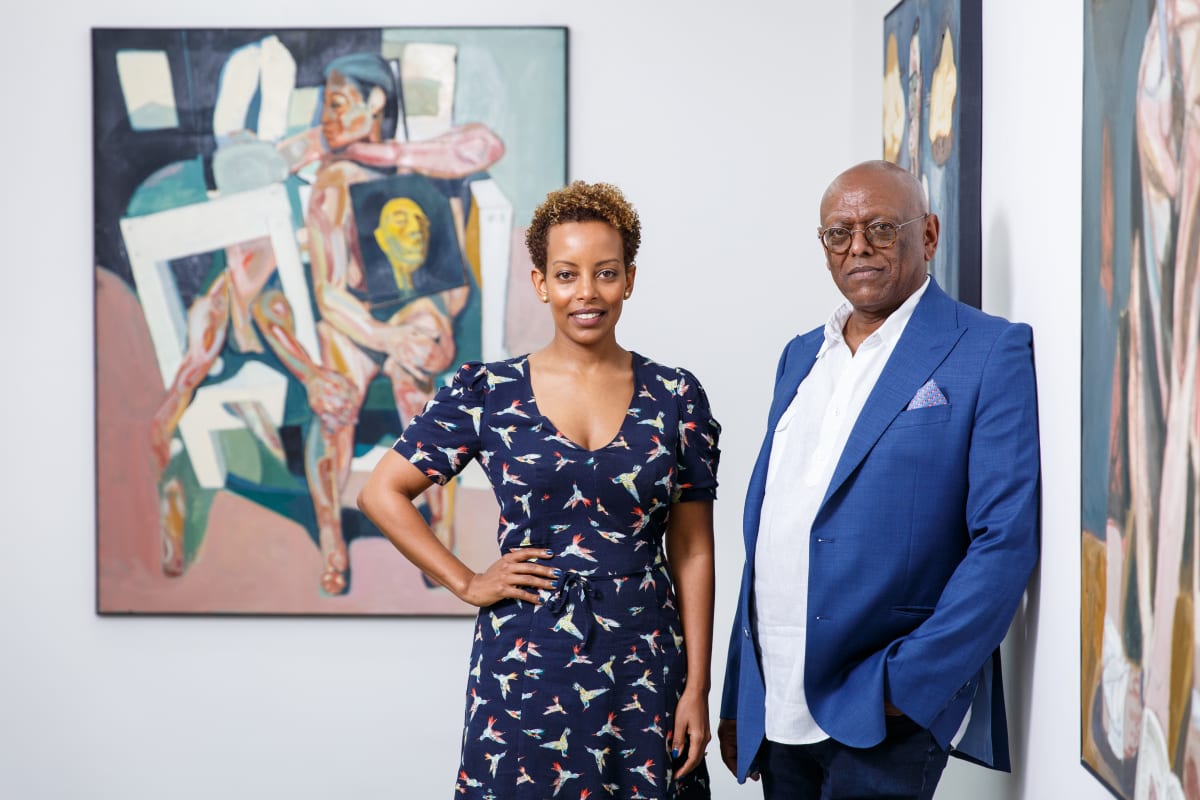Much of literature centers on the question of identity. In high school English classes across America, students recite Hamlet’s To Be or Not To Be year after year. Curriculum and canon are handed to students often with the presumption that the voices, perspectives, and portraits apply to its audience uniformly. Bridget Boakye’s debut collection of poems, Should I Return depicts an African immigrant struggling to feel at home. In our Q&A, the author elaborates on how the notion of Home directly impacts identity.
Stemming from pieces written following the author’s return to her birthplace, Should I Return is the product of multiple poems speaking to one narrative. “I thought, OK, this could be an important story to tell at this time. Especially given Ghana’s Year of Return initiatives and Ghana’s Beyond the Year initiative as well,” related the Ghanaian-born author who moved back to the country after being raised in the United States.
Your collection has been written “for those seeking.” Can you talk a little bit about what seeking is for you and what it means when we talk about diaspora?
I’m speaking to those wrestling with questions of identity and belonging. And for me, identity stems from a geographic understanding of migrating from the African continent to all over the rest of the world.
This subject of migration is depicted not only in the words, but also in the work’s structure. Fragments of an airplane’s wings don the pages between each poem and then come together on the back cover as the speaker finds resolution. The visualization of flight, however, does not overshadow the discovery that Home is more than just a physical destination.
“There’s some overlapping interest with the work that I do in tech and data,” explains the business development consultant and Accra resident. For Boakye, we can’t ignore how this generation struggles to find coherence between their virtual and geographic selves. The writer explains how important it is to hold in mind that while belonging is typically associated with a geographical place, the ability to connect with the rest of the world through digital means adds an additional layer to the question, Who am I?
The collection’s first poem opens, I am still looking / Through what will become the constant looking glass from / which I see myself split into halves. The writing is then broken into two columns with the speaker going on to describe “The self that leaves” and “The other self.”
The opening poem, “Unending Goodbyes” verbally and visually shows us dichotomy. Can you talk about how you have witnessed dichotomy playing out in your experience?
When I think about dichotomy, there’s always this unsettling. When you come to the United States as a young person, your parents say, “oh it’ll take some time, you’ll adjust.” Your teachers tell you, “oh, you’ll adjust.” And then you go through the years. It’s like 15 years in America. I still don’t feel at home. Twenty years in America. I still don’t feel at home.
This perpetual unsettling, however, is not something to be overcome or escaped. The author is careful to note that despite the isolation and confusion of feeling that one belongs nowhere, it doesn’t have to be seen negatively. There is a privilege in being able to hold unique perspectives as a result of experiencing two vastly different cultures.
“I have seen the bright eyes / and humor of the people in the projects,” proclaims the speaker in “I Have Seen New York.” This is one example of how the work illustrates Black people in America coming greatly above the odds that are given to them. On the other hand, we see the ways in which the first-generation speaker is humiliated by those she considers to be her own as they throw insults like “booty scratcher” and “jungle bunny” and “monkey” in “African in America.”
“African in America” really shouted at me in the same way the African American kids shouted at the protagonist. Even in my adult life, the memories of being ostracized from the African American community as a first-generation American are fresh. Can you say a bit about how dehumanizing treatment from those you see to be your own impacts how Home is conceptualized in the African diaspora?
I just want to contextualize that there are ways in which Africans see African American experiences. The first and second generations, we can humanize the African American experience, but there are still ways in which African Americans cannot humanize or understand the African experience. “African In America” is to say, ‘I see you guys,’ but I remember a time where you didn’t see me. I want to give relevance and voice to the part of Africans, especially young Africans who had to go through that period of just brutal humiliation by African Americans to now having to wrestle with, there was a time not so long ago when you thought I was an African “booty-scratcher.” You want to go to Ghana now? Come on. What’s that about? I want to give voice to all of that, but in ways that I hope feel real and that feel relevant for people.
As a first-generation American, the portraits of Africa which I consumed during youth resulted in a jarring fragmentation of identity with which I still wrestle. In “Unending Goodbyes,” you write that “Turbulence is a euphemism for the dissonance this journey will stir.” When, where, and how have you encountered this dissonance in your own life?
I felt it most acutely in college. Here I was consistently looking at economic metrics, global economic metrics, constantly see[ing] Africa falling at the bottom of every single metric of global development. And people just study it in class and they go back to their dorms and then they go to parties and that’s it! But for you, as an African, you can’t separate it from being a class versus your own identity. It becomes intermeshed.
What would you say to those who feel similarly?
Though I talk about going home to Ghana and still not feeling at home in the traditional sense of the word, I think the best thing for me was to do that. My best advice is to deliberately seek out what it is that you think will bring you comfort or some resolution. The place you go to seek it may not eventually be it, but at least in the journey of doing that, it brings so much comfort and clarity. Take the journey! You may not find the answers you want, but the journey itself is the remedy.
The idea of not finding home is a scary one, but “Should I Return” artfully makes its reader question what home really means. As readers, we enter works with a preconceived notion that home is a place. In the poem “Homeland,” home is a country. In the poem “Home Too,” home is here. In the closing poem, simply titled “Home,” home settles. Home has. Home listens.
I noticed that from the start of the collection to the end, Home shifts from being depicted as a place (that one is seeking) to an agent with a life of its own. Would you tell us a bit about how your idea of home has evolved throughout your life?
When you’re younger, you read certain words that speak to identity. Especially to American nationalism. A lot of that is inculcated during your middle and high school years. I’m learning/reading The Great Gatsby, all of these phenomenal American writers. And I feel a sense of loyalty or ownership over this privilege I have of being American, but I don’t innately feel that I am American. Those are the questions that I wrestled with when I was younger.
Even after I got back to Ghana, I also didn’t feel at home there completely. That means that it can’t be a place because, I’ve lived in the U.S., I don’t feel at home. I go to Ghana, which is the place of my birth. I don’t feel at home. Then home becomes whatever I make of it. It no longer has to be defined by a geographic location. That’s what I conclude at the end of the collection. Home is then like the feeling. Whatever brings you peace is what home is. The peace was coming to terms with the dichotomy. I would feel restless and it would be okay. It wouldn’t be the end of the world.
Bridget Boakye is a Swarthmore College graduate with a degree in Economics and Education. As a co-founder of TalentsinAfrica, she is dedicated to equipping African youth with the skills and support necessary to obtain and keep employment. She has spoken at multiple Africa Business Conferences including at Oxford, Georgetown, Harvard and Columbia universities. She credits her prior teaching experience with shaping her outlook on developing the next generation of African entrepreneurs. An extended edition of Should I Return will be available on Amazon in May 2020.
